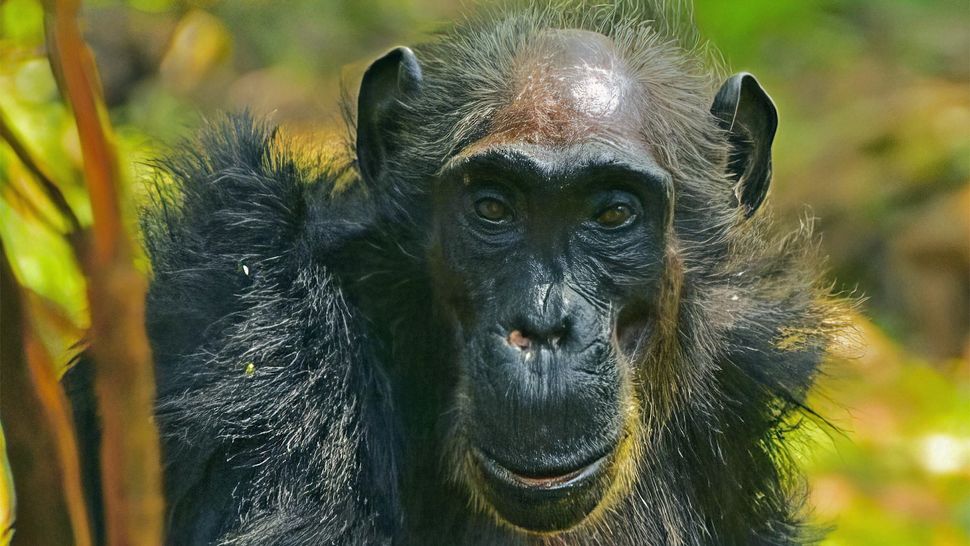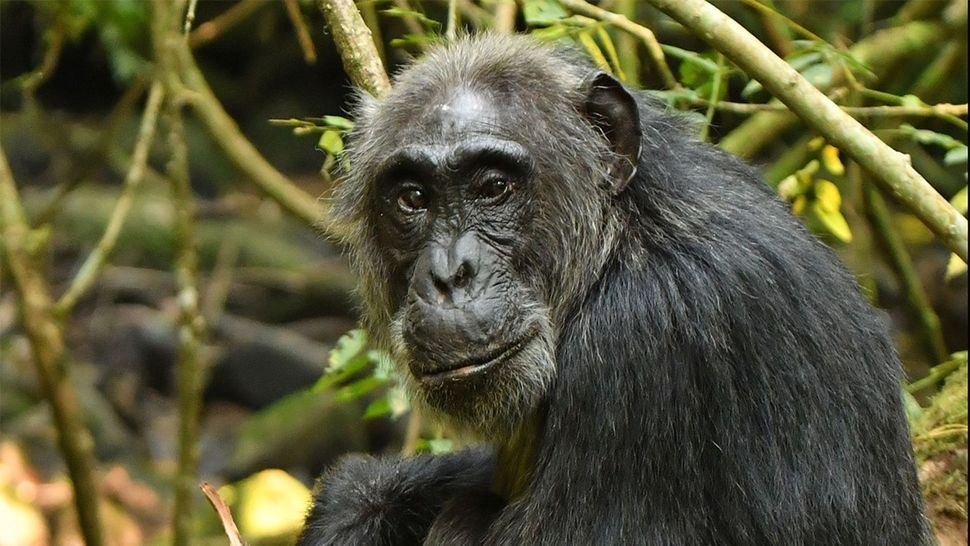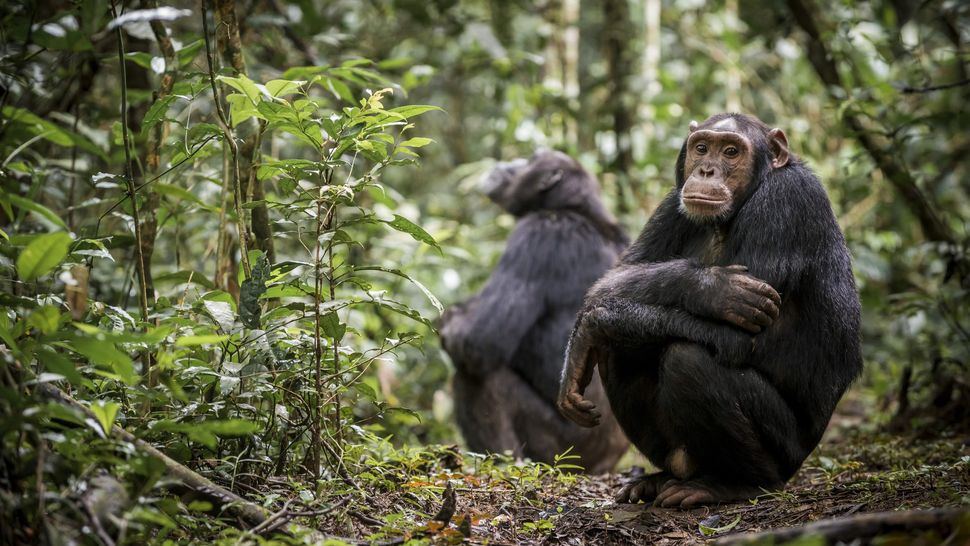Evidence uncovered by researchers indicates that wild chimpanzees in Uganda’s Kibale National Park experience menopause, shedding light on the evolutionary origins of this uncommon trait in humans.
A recent study reveals that wild female chimpanzees in Uganda, particularly the Ngogo community in Kibale National Park, live beyond their reproductive years, suggesting the occurrence of menopause in these primates. This finding challenges previous assumptions that humans, orcas, and short-finned pilot whales were the only species experiencing menopause.
The mystery of why menopause evolved in humans becomes more intriguing, given that the inability to reproduce after a certain age doesn’t seem to confer an obvious evolutionary advantage. The “grandmother hypothesis” has been proposed to explain this phenomenon, suggesting that postmenopausal individuals contribute to caring for their grandchildren, thereby enhancing their survival and ensuring the transmission of their genes.
The research, led by Brian Wood, an associate professor and evolutionary anthropologist at the University of California Los Angeles, delved into 21 years of demographic and fertility data (1995-2016) from the Ngogo community. Analyzing records for 185 female chimpanzees, the study observed a decline in fertility from the age of 30 onward, with no recorded births after the age of 50. This intriguing discovery raises questions about the shared evolutionary aspects between humans and their closest primate relatives.

Ngogo female chimpanzees, as it turns out, spend approximately one-fifth of their adult lives in a “post-reproductive state,” a proportion notably less than that observed in modern human hunter-gatherers like the Hadza people. Urine samples collected from 66 female chimpanzees spanning ages 14 to 67 showcased hormonal changes resembling those seen in humans undergoing menopause.
In contrast to humans, female chimpanzees don’t remain within their original tribe for reproduction; they disperse to other groups, leaving their aging mothers behind. This challenges the grandmother hypothesis, suggesting that, in certain ecological conditions, menopause and post-fertile survival can manifest without grandparental support.
While this discovery doesn’t negate the possibility of the grandmother hypothesis in humans, it prompts questions about the origins of menopause in our species. The study suggests that chimpanzees and humans might share genes governing menopause from a common ancestor or that this trait evolved independently in each species.

If this is indeed the case, the recent study establishes “a solid foundation for exploring the impact of improved diets and reduced predation risks” in the evolution of menopause in humans, as noted by Wood.
The chimpanzees in Kibale National Park have experienced a favorable environment. The eradication of their sole predators, leopards, in the 1960s and the absence of human threats contribute to their secure habitat. Additionally, the Ngogo chimpanzees enjoy an abundance of fruit and a diet that includes more meat compared to neighboring chimp communities.
The luxurious living conditions may elucidate why female chimpanzees in Ngogo live well beyond their reproductive years. While non-reproductive females exist in other wild chimpanzee communities, few have surpassed the age of 50. The study raises intriguing questions about whether the signs of menopause observed in these chimps are a result of exceptionally favorable ecological conditions or if they represent an evolutionary trait. It remains uncertain whether recent environmental changes and disease epidemics, affecting the lifespan of chimpanzees, have obscured evidence of an evolutionary history that involves menopause.
